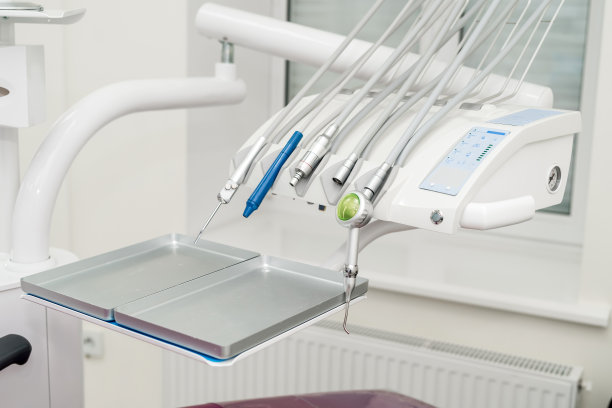The Importance of Tooth Extraction in Maintaining Dental Health and Preventing Future Complications
Summary: Tooth extraction is often regarded as a last resort in dental care; however, it plays a pivotal role in maintaining overall dental health and preventing future complications. This article delves into the importance of tooth extraction from four critical perspectives: preventing periodontal disease, alleviating overcrowding, addressing dental trauma, and managing dental infections. By focusing on these aspects, we highlight that timely and proper tooth extractions can lead to healthier smiles and a decrease in complex dental issues in the future. As such, understanding when and why a tooth extraction is necessary can significantly influence long-term dental health.
1. Preventing Periodontal Disease and Tooth Decay

Tooth extraction can serve as a vital procedure to prevent the spread of periodontal disease, which affects the gums and surrounding tissues. When a tooth is significantly damaged or decayed, it can harbor bacteria that lead to gum infections. These infections can compromise the health of neighboring teeth, resulting in a domino effect that exacerbates dental problems.
Additionally, decayed teeth may contribute to the development of deeper pockets between the gums and teeth. These pockets can become breeding grounds for harmful bacteria, leading to inflammation and recurrent infections. Extracting the compromised tooth can effectively halt this process and allow the gums to begin healing without the presence of infected structures.
Ultimately, timely tooth extractions help maintain gum health and prevent the escalation of periodontal conditions, resulting in a healthier oral environment and the potential for better overall health.
2. Alleviating Overcrowding and Improving Alignment
Overcrowding can occur when there is insufficient space in the jaw for teeth to erupt properly. This not only creates aesthetic concerns but can also lead to functional problems affecting bite and chewing. Tooth extraction can alleviate overcrowding by removing one or more teeth, thus creating alignment and space within the mouth.
Correcting misalignment through extractions can facilitate orthodontic treatments, such as braces, by providing necessary space for teeth to shift into their ideal positions. An aligned set of teeth is easier to clean, reducing the risk of cavities and gum disease, and can enhance overall oral function.
Furthermore, an improved smile can significantly boost self-confidence and contribute to positive mental health. Thus, addressing overcrowding through tooth extraction can lead to not only a healthier mouth but also a healthier self-image.
3. Addressing Dental Trauma and Complications
Dental trauma can arise from accidents, sports injuries, or bites that affect the integrity of a tooth. Such incidents can lead to cracked or damaged teeth requiring extraction. When a tooth is non-restorable, removing it becomes essential to prevent further complications that may affect adjacent teeth and overall oral health.
In cases where the damage results in significant pain or is accompanied by dental abscesses, extraction becomes not just a matter of dental health but a necessary step for pain relief. Pain from impacted or severely damaged teeth can be debilitating; thus, extraction alleviates discomfort and allows for proper healing.
Moreover, addressing dental trauma through extraction can reduce the risk of subsequent complications, such as infections or the development of cysts, ensuring that the dental arch remains intact and functional. This underscores the critical role of tooth extraction in managing immediate dental issues effectively.
4. Managing Dental Infections and Abscesses
Dental infections can arise from untreated cavities, gum disease, or trauma, leading to painful abscesses. In such cases, extracting the infected tooth is often the most straightforward and effective method of addressing the problem. An abscessed tooth poses a significant risk not only to dental health but to overall health due to the potential spread of infection.
By removing an infected tooth, a dentist can prevent the infection from spreading to surrounding teeth, bones, and even other parts of the body. This critical action minimizes the risk of more severe health complications, including systemic infections that can arise from untreated dental issues.
Therefore, timely extraction of infected teeth plays an essential role in safeguarding patients overall well-being and maintaining optimal dental health. It allows the body to heal and prevents recurrent problems, reinforcing the importance of professional dental evaluations.
Summary:
Tooth extraction is an essential procedure that plays a significant role in maintaining dental health and mitigating future complications. From preventing periodontal disease to addressing dental trauma, managing overcrowding, and controlling infections, extractions can serve as a crucial tool in achieving optimal oral health.
Recognizing when a tooth needs to be extracted can lead to numerous benefits, including improved alignment, reduced pain, and a healthier mouth overall. By prioritizing dental health, individuals can prevent complications that arise from neglecting potentially serious dental issues.
This article is compiled by Vickong Dental and the content is for reference only.



